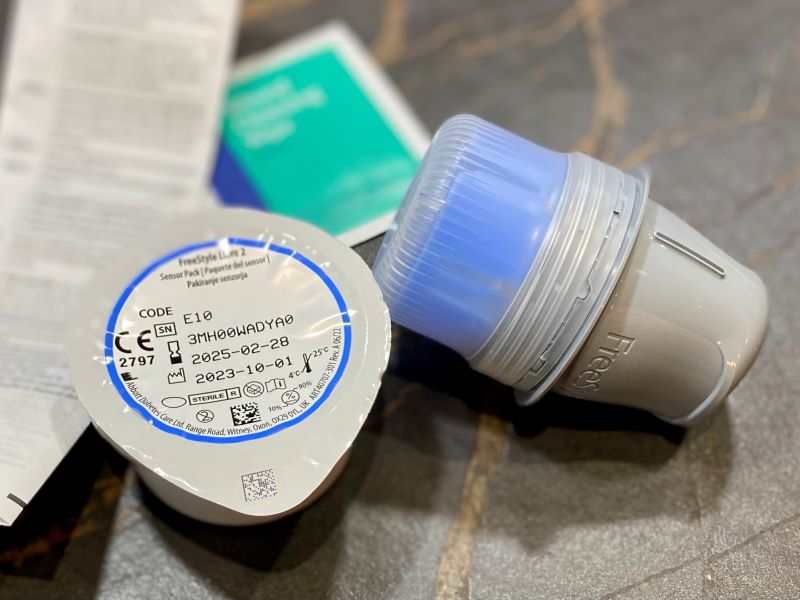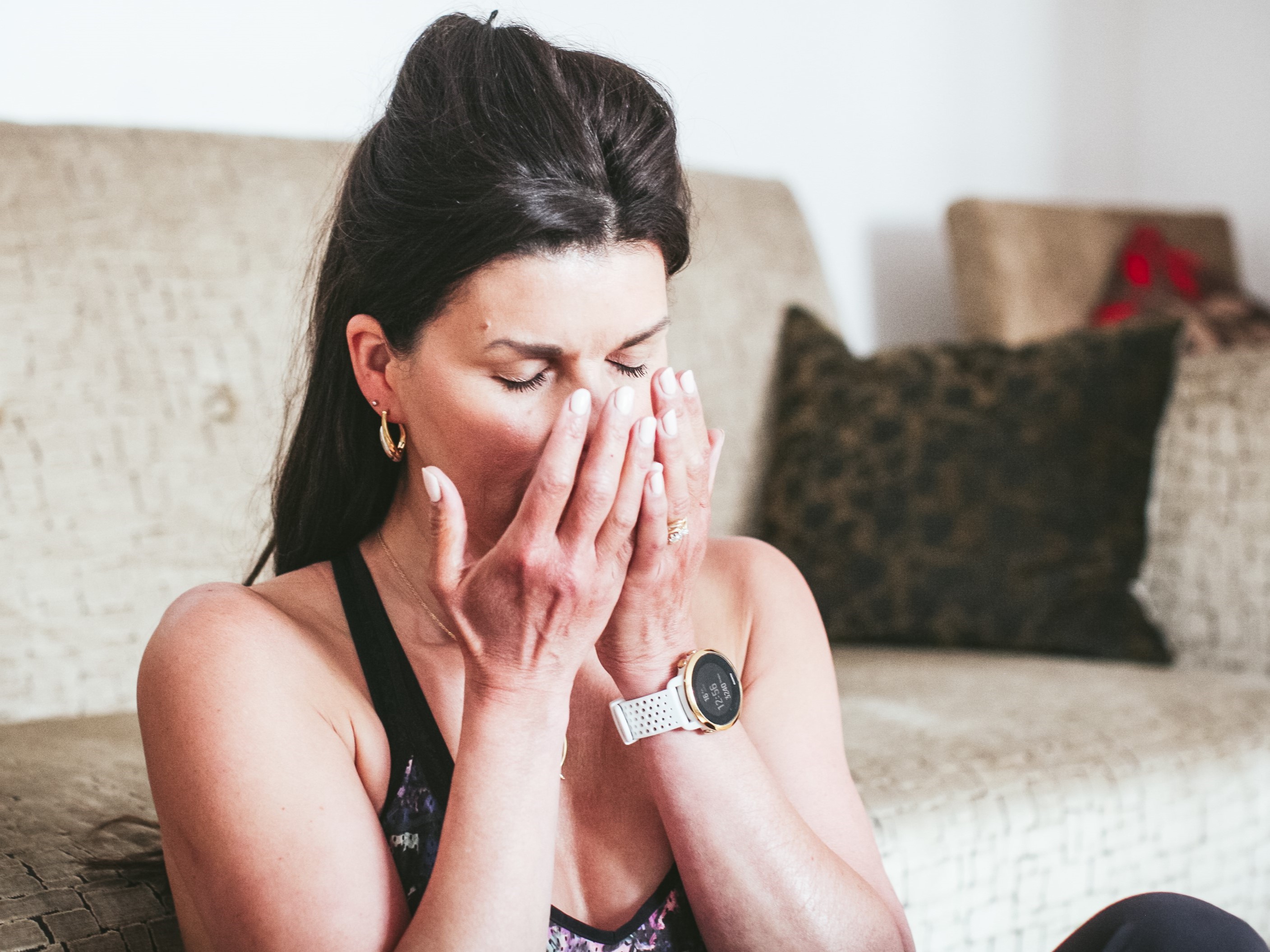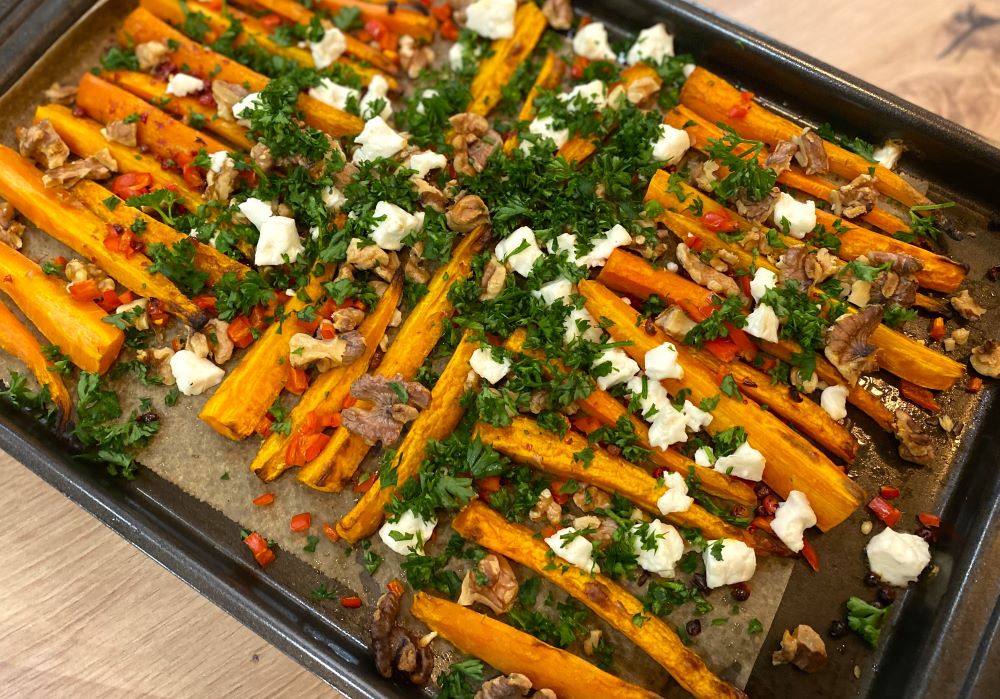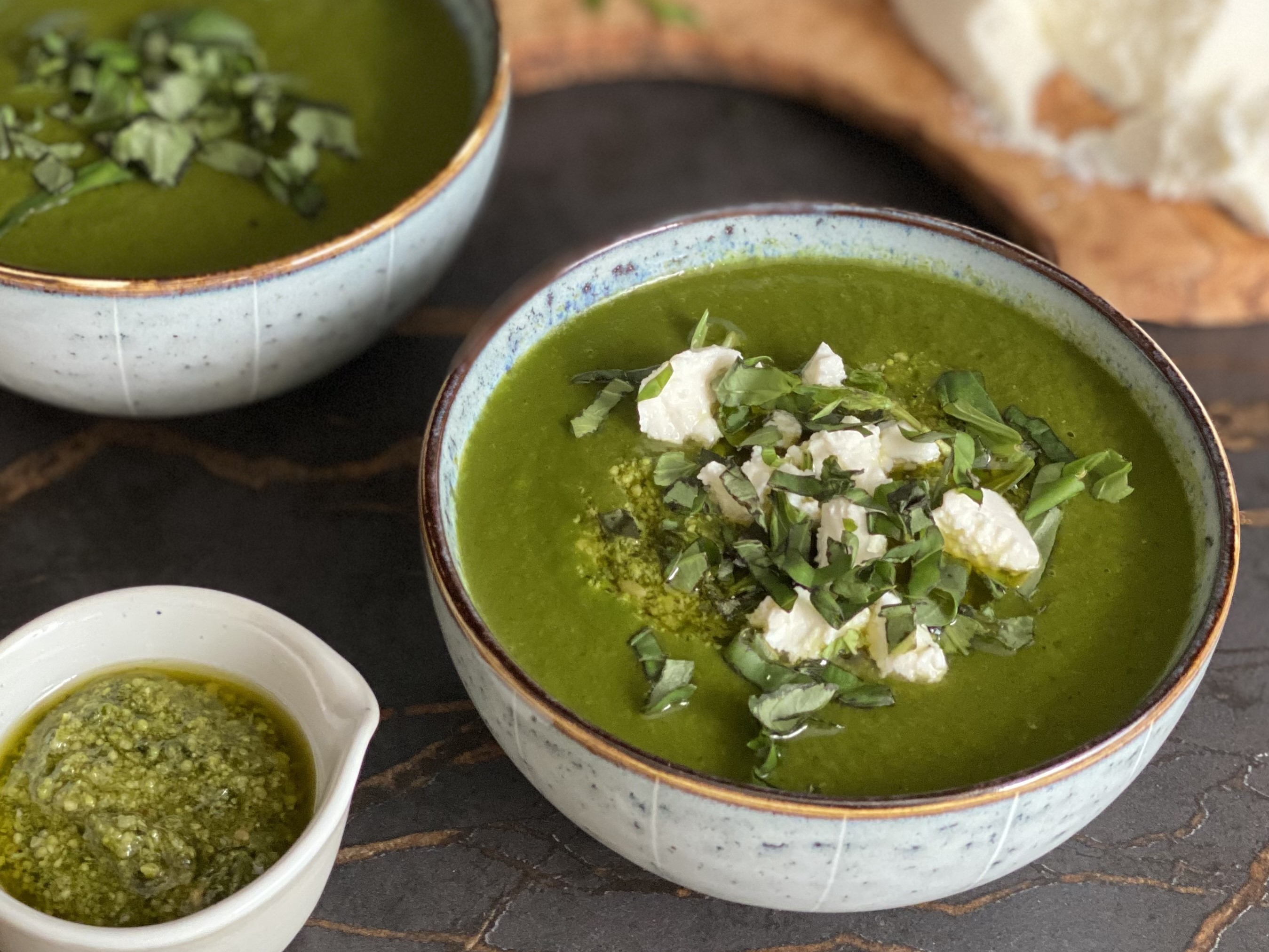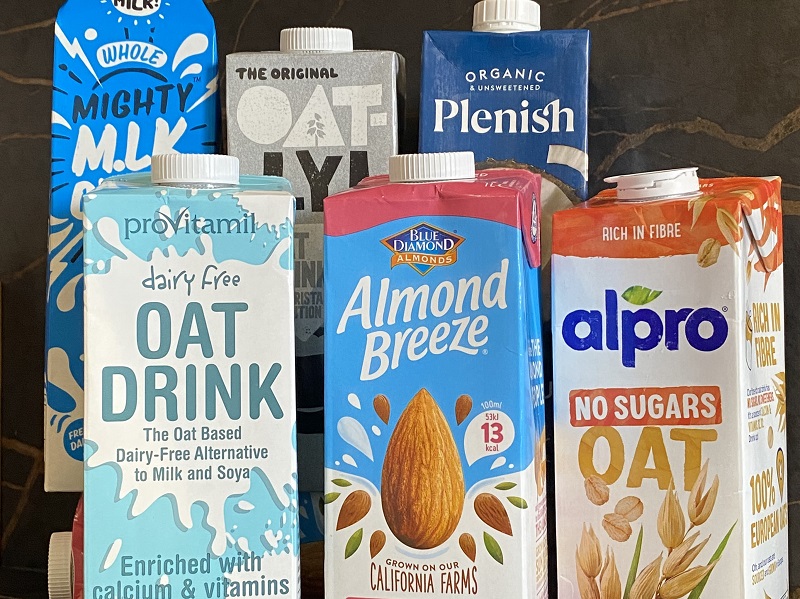Rejoice, the clocks are going back this weekend – an extra hour in bed is just what I need this week! But for some this could just be another hour tossing around looking at the clock …
Getting a good night’s sleep should be simple, right? Get tired, go to bed, fall asleep. Well actually, no; difficulty falling asleep or staying asleep through the night seems to be on the increase and more than half of all the clients I see in clinic complain of sleep “issues”. Insufficient sleep messes up both our physical and mental health; our body repairs and regenerates whilst we are asleep so chronic deprivation leads to a weakened immune system. Plus, our daily cortisol rhythm is also disrupted by lack of sleep, causing us not only to feel stressed and grumpy but prone to gaining weight too.
So what can you do to help yourself?
Eat regular meals
Leaving a long gap between meals through the day and eating late in the evening will almost certainly disrupt your blood sugar balance. Blood sugar is a readily available source of energy but levels need to be kept stable for both optimum physical and mental performance. Most of us recognise the signs of low blood sugar; a thumping head, constant yawning and feeling extremely irritable. Plus, when our blood sugar drops too low, we often experience intense cravings for something sweet – a sort of built-in safety mechanism to ensure blood sugar levels are topped up quickly.
But, topping up with a heavy evening meal once you’ve become ravenous, especially one laden with simple carbohydrates, leaves you prone to over-eating, resulting in a surge of blood glucose, which will stimulate an outpouring of the glucose-regulating hormone, insulin. Insulin promotes the conversion of glucose to glycogen and increases the uptake of this glycogen by our muscles and liver, thereby lowering blood sugar. Sadly the body is so efficient at packaging up excess sugar that blood sugar levels can quickly drop too low, often in the middle of the night! When this happens, cortisol is released, primarily to release stored glycogen, but also causing a rise in body temperature and heart rate which is bound to wake up even the soundest sleeper.
Choose your carbs wisely
The demonization of carbs is fuelling a plethora of zero carb diets and/or 5pm carb curfews! The thing is, not all carbs are created equally, plus, we absolutely need carbohydrate to move, think, breath and SLEEP! Carbohydrate rich foods increase brain serotonin levels – the “feel good” hormone that promotes relaxation and improves sleep. So whilst avoiding simple carbohydrates derived from sugary foods, bread, cake or white pasta can help you lose weight and improve your blood sugar balance you need to replace them with some complex carbs if you don’t want to end up a miserable and anxious insomniac! Roasted root vegetables, quinoa, buckwheat, brown rice, millet, nuts, seeds and oats are all complex carb foods; keep portion sizes modest in the evening and you’ll find that rather than sabotaging your weight loss efforts they improve your chances of sticking to a healthy diet.
Top up on tryptophan
Trytophan is an essential amino acid which is required as a precursor to the neurotransmitter serotonin and the “sleep hormone” melatonin. Turkey is the best know food source and often blamed for making you feel sleepy after your Christmas meal (yeah right – nothing to do with all the sugar, alcohol and excess calories then!). A deficiency in tryptophan can lead to insomnia, depression, anxiety, irritability and weight gain. But, if you don’t want to scoff turkey all year round where else can you find it? As it is an amino acid it is found in protein foods and the highest sources are poultry, meat, eggs. and fish. But tryptophan is most effective when combined with carbohydrate so protein/carb plant-based sources such as almonds, walnuts, tofu, lentils, beans, oats and wholegrain rice can be readily assimilated and so make great choices.
Have your kale and eat it!
Okay not just kale but also brassicas, such as broccoli and Brussels’ sprouts as well as other dark green leafy veg such as spinach, rocket, chard and watercress are fantastic sources of sleep enhancing minerals such as magnesium and potassium. Many of my clients shows some signs and symptoms of magnesium deficiency and it is extremely common; digestive problems, regular alcohol consumption, age, medical conditions (such as diabetes) and some medications (especially diuretics) all increase the risk of deficiency. When clients are also presenting with chronic insomnia I may suggest short-term magnesium supplementation. However, it is crucial to maintain a balance with calcium, potassium and vitamin K – all found in dark green veggies – so I’d always prefer to try dietary adjustments first. A plate of greens is “dining in heaven” for me but if you are not a fan then put them into soups, roast or stir fry them with simple flavours such as fresh herbs, ginger, garlic or chilli.
Rethink your nightcap!
You know this but I’ll say it anyway – alcohol is a total sleep-wreaker; it may help you get off to sleep more quickly but can prevent you getting into a deep sleep and will interfere with your blood sugar balance (as above) leaving you restless, hot and bothered all night long. Instead of alcohol, try a banana and almond “nightcap” before bedtime. Whizz together 1tsp. almond nut butter, ½ banana and 120ml almond milk. This ticks all the aforementioned boxes; provides calories in the form of protein, fats and carbohydrate, to prevent a blood sugar dip in the night, and also contains super-sleep nutrients – tryptophan, magnesium, potassium! If this sounds too rich then try a just a glass of almond milk.
Bon nuit!
